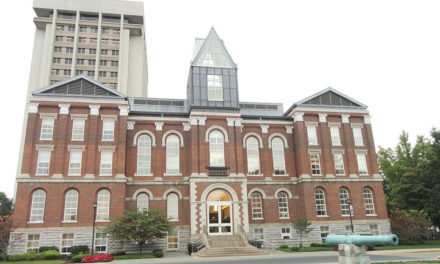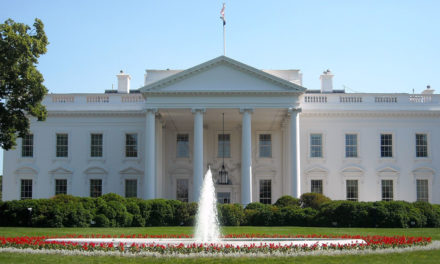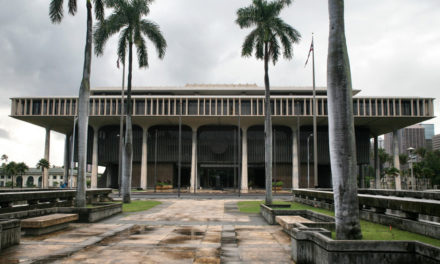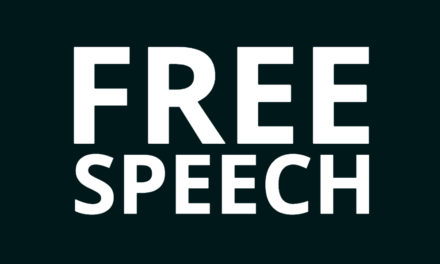It’s no secret that massive tech companies like Facebook, Twitter, Amazon, Apple and Google went on a censorship spree over the past months. In response, Florida passed a law (Senate Bill 7072) prohibiting the companies’ ability to de-platform politicians and empowering Floridians to sue them over unfair treatment.
Now, a federal judge has blocked the law from being implemented one day before it was scheduled to take effect on July 1.
As previously reported by The Daily Citizen, under the bill:
- “All Floridians treated unfairly by Big Tech platforms will have the right to sue companies that violate this law — and win monetary damages.”
- “The Attorney General of Florida can bring action against technology companies that violate this law, under Florida’s Unfair and Deceptive Trade Practices Act. If social media platforms are found to have violated antitrust law, they will be restricted from contracting with any public entity.”
- “Big Tech is prohibited from de-platforming Floridian political candidates. The Florida Election Commission will impose fines of $250,000 per day on any social media company that de-platforms any candidate for statewide office, and $25,000 per day for de-platforming candidates for non-statewide offices.”
In response, NetChoice and the Computer and Communications Industry Association (CCIA) sued saying that the law violated the First Amendment.
On Wednesday, U.S. District Judge Robert Hinkle of the Northern District of Florida, a Clinton appointee, sided with NetChoice and issued a preliminary injunction stopping the law from taking effect.
In his ruling, Judge Hinkle said SB 7072’s stipulation prohibiting social media companies from de-platforming candidates is preempted by § 230 of the Communications Decency Act. The act stipulates that no provider of an interactive computer service can be held liable for restricting objectionable content that is “taken in good faith.”
“Removing a candidate from a platform based on otherwise legitimate, generally applicable standards—those applicable to individuals who are not candidates—easily meets the good-faith requirement,” the judge wrote.
Judge Hinkle also ruled that § 230 preempted the statutes that “purport to impose liability for other decisions to remove or restrict access to content.”
“The legislation now at issue was an effort to rein in social-media providers deemed too large and too liberal,” the judge wrote. “Balancing the exchange of ideas among private speakers is not a legitimate governmental interest.”
“Like prior First Amendment restrictions, this is an instance of burning the house to roast a pig,” Judge Hinkle quipped.
Florida Governor Ron DeSantis said he will appeal the decision to the Eleventh Circuit Court of Appeals, which has seven Republican appointees and five Democrat ones.
The governor’s office said following the ruling, “We are disappointed by Judge Hinkle’s ruling and disagree with his determination that the U.S. Constitution protects Big Tech’s censorship of certain individuals and content over others.”
CCIA President Matt Schruers said in a statement, “This decision upholding the Constitution and federal law is encouraging, and reaffirms what we have been saying: Florida’s statute is an extraordinary overreach, designed to penalize private businesses for their perceived lack of deference to the Government’s political ideology.”
The case is NetChoice v. Ashley Brooke Moody.
You can follow this author on Parler @ZacharyMettler
Photo from Shutterstock






